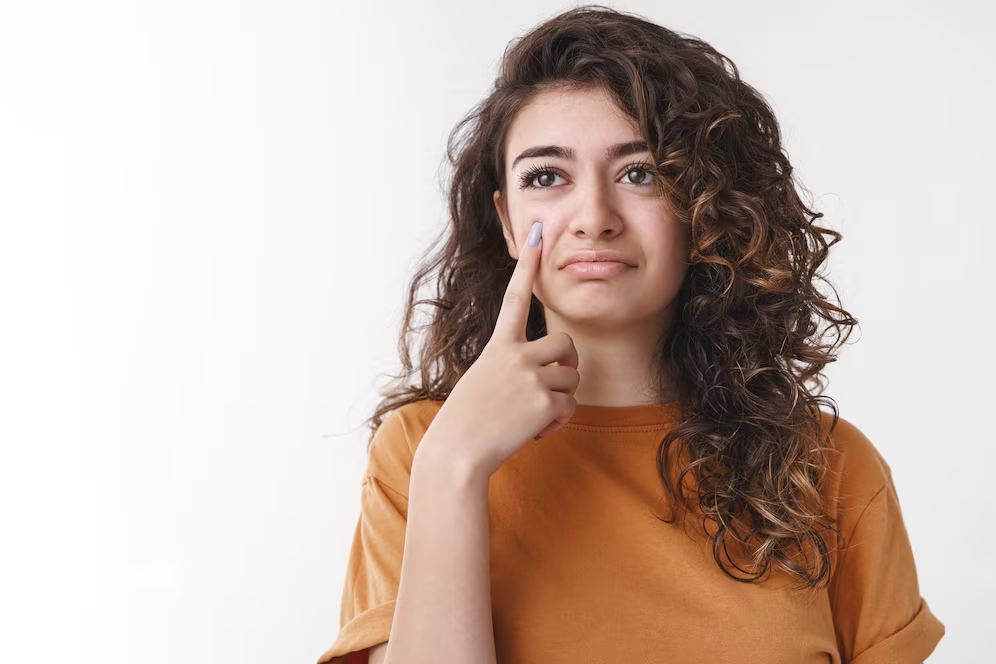Contents
It’s very important to keep your skin safe from the sun
UV rays can hurt your skin a lot over time, whether you’re outside for a day, running errands, or even just sitting by a window. That’s why putting on sunscreen with SPF is one of the most important things you can do for your skin. There are so many choices out there that it can be hard to pick the right one. This guide will help you figure out what SPF means, what kind of skin you have, and what sunscreen is best for you.
What does SPF mean?
SPF (Sun Protection Factor) tells you how well a sunscreen protects your skin from UVB rays, which are the main cause of sunburn and a risk factor for skin cancer. The SPF number tells you how much longer it will take for your skin to burn if you don’t wear sunscreen. For example, SPF 30 means that it takes 30 times longer to burn than not having any protection.
Choose a broad-spectrum sunscreen that protects against both UVA (which causes ageing) and UVB (which causes burning) rays for full protection.
Skin that is oily
If your skin tends to be oily, look for a sunscreen that doesn’t contain oil and doesn’t clog pores. Sunscreens that are gel-based or light in weight work best.
Neutrogena UltraSheer Dry-Touch SPF 50+ is a good choice because it is light, non-greasy, and has a high SPF level.
Skin that is dry
Sunscreens with moisturising ingredients like glycerin or hyaluronic acid are good for dry skin.
EltaMD UV Daily Broad-Spectrum SPF 40 is a good product to use because it protects against UV rays and keeps your skin hydrated.
Skin that is sensitive
Choose a mineral sunscreen with zinc oxide or titanium dioxide if your skin is sensitive. Stay away from alcohol, fragrances, and parabens.
La Roche-Posay Anthelios Mineral Zinc Oxide SPF 50 is a good product to use because it is light, doesn’t irritate skin, and is safe for sensitive skin.
Skin that is a mix of different types
Choose a sunscreen that is balanced and won’t add extra oil if you have combination skin.
Product Suggestion: Supergoop! Unseen Sunscreen SPF 40 is light, oil-free, and works well under makeup.
Too good to skip: Vitamin C Brightening Peel-Off Masks for glowing skin
FAQs
Do you need sunscreen that is water-resistant?
Pick a sunscreen that won’t wash off if you swim or sweat. Remember that no sunscreen is waterproof, so you should put it on again every 40 to 80 minutes.
Product Suggestion: Banana Boat Sport Ultra SPF 50+—it lasts a long time and is water-resistant for up to 80 minutes.
How much sunscreen do you need?
Most people don’t use enough sunscreen, which makes it less effective. These are the steps you need to take:
- About a teaspoon for the face
- Body: About an ounce, or a shot glass full
- Put it back on every two hours or right after swimming or sweating
Is a higher SPF always better?
SPF 100 may seem better than SPF 50, but the difference is small:
- SPF 30 stops 97% of UVB rays
- 98% is blocked by SPF 50
- SPF 100 stops 99%
Higher SPFs give you a little extra protection, but you often have to put on more of it. The Skin Cancer Foundation has more to say here.
Should I wear sunscreen on cloudy days?
Yes! Clouds let in up to 80% of UV rays, so you need to use it every day.
Do I need sunscreen when I’m inside?
Yes, UVA rays can get through windows and hurt your skin.
If my makeup has SPF, can I skip sunscreen?
No, makeup with SPF isn’t enough. Always put sunscreen on first.
Do people with darker skin need sunscreen?
Yes, dark skin is still prone to sun damage and skin cancer, even though melanin offers some protection.
In the end, make sunscreen a part of your daily routine
It’s not just the number on the bottle that matters when picking the right SPF sunscreen. When you choose, think about your skin type, lifestyle, and how active you are. Using sunscreen every day, whether you’re inside or outside, will protect your skin from sunburns, premature ageing, and skin cancer for a long time.
You can keep your skin healthy and glowing for years to come by buying the right sunscreen and using it the right way.
For more suggestions, see the best sunscreens that dermatologists recommend.
This blog is for informational and educational purposes only and is not a substitute for professional medical advice. Always consult a dermatologist or healthcare provider before choosing or using skincare products, including sunscreen. Individual skin types and conditions may vary, and the products mentioned may not be suitable for everyone.





